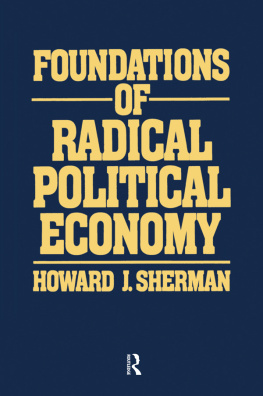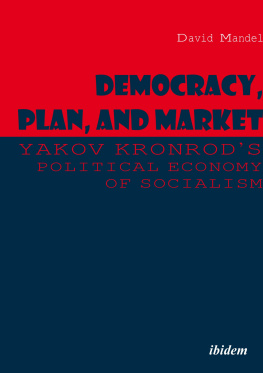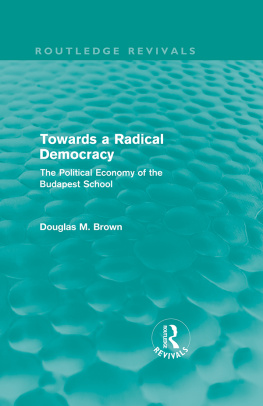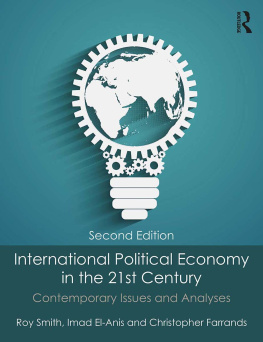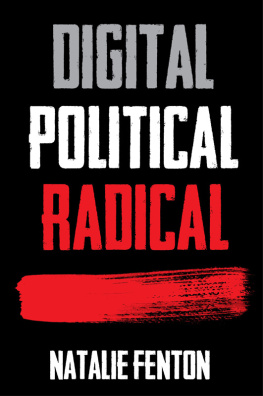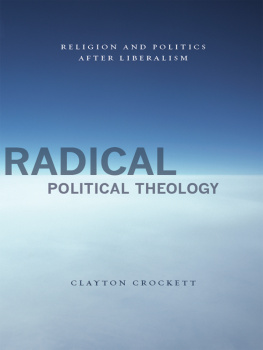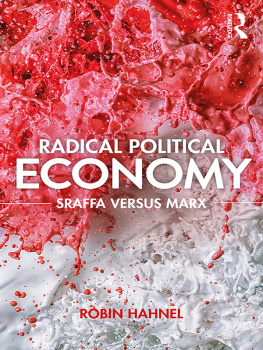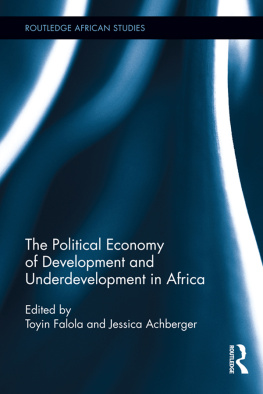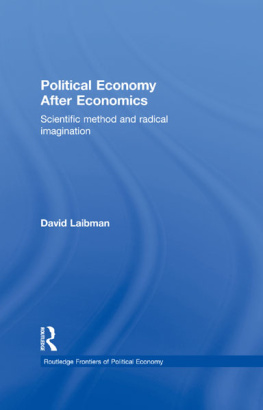First published 1987 by M. E. Sharpe, Inc.
Published 2019 by Routledge
2 Park Square, Milton Park, Abingdon, Oxon OX14 4RN
52 Vanderbilt Avenue, New York, NY 10017
Routledge is an imprint of the Taylor & Francis Group, an informa business
Copyright 1987 by Taylor & Francis
All rights reserved. No part of this book may be reprinted or reproduced or utilised in any form or by any electronic, mechanical, or other means, now known or hereafter invented, including photocopying and recording, or in any information storage or retrieval system, without permission in writing from the publishers.
Notice:
Product or corporate names may be trademarks or registered trademarks, and are used only for identification and explanation without intent to infringe.
Library of Congress Cataloging in Publication Data
Sherman, Howard J.
Foundations of radical political economy.
Bibliography: p.
1. Marxian economics. 2. Capitalism. 3. State, The. 4. Socialism.
I. Title.
HB97.5.S5117 1987 330.1 8633849
ISBN 13: 978-0-87332-416-8 (hbk)
ISBN 13: 978-0-87332-431-1 (pbk)
This book is brand new from beginning to end. It is similar to my old book, Radical Political Economy, only in that it covers most of the same issues and reaches the same overall conclusion in favor of democracy and socialism. Many of my analyses and conclusions on particular subjects, however, have changed because of the flood of new literature in every area of radical political economy and because the world has changed.
The most important issue is the prevention of nuclear war. As a child I was shocked by the millions of people killed in the Second World War and then was horrified by the effects of the atomic bombs dropped on Hiroshima and Nagasaki. I believe that the roots of war lie in imperialism and the unjust social systems that give rise to imperialism. Only by changing the present dominant social systems can we abolish the threat of a nuclear war disaster.
As a child in the Second World War I was also deeply affected by the evidence that fascism had killed six million Jews. The fact that fascism treated women like slaves penetrated deep into my consciousness. As a result, I grew to despise all types of racial, religious, and sexual prejudice and discrimination. Radical political economy focuses on the social conditions under which all people will be treated equally.
I have observed the effects of undemocratic dictatorships in fascist Germany, in racist countries like South Africa, and in the Stalinist repression in the Soviet Union. Thus, I believe that an understanding of the causes of dictatorship and the ways to achieve democracy constitutes one major task of radical political economy.
Not only political democracy, but economic democracy is necessary. My deepest feelings revolve around the fact that every day millions of men, women, and children go to bed hungry in this world. Millions live in poverty even in the rich United States. Yet we have the technology to create a better world in which no one will lack food, clothing, and shelter. The problem is that many live in poverty and are exploited for the benefit of the wealthy few. Growing up in Chicago, I witnessed workers striking for a decent living and being beaten up by the police, who always acted on behalf of the wealthy. We need a world with democracy in the economic sphere (socialism if you wish to label it) so that no one is exploited and no one lives in poverty.
Finally, I live in Southern California and frequently witness the unpleasant effects of air pollution, a dirty yellow cloud in which one can hardly breathe. These are some of the issues that caused me to write this book about political economy.
Before discussing the exciting questions of political economy itself, it is necessary to understand the sociological, historical, and philosophical framework of these issues. That is the task of .
In discusses how we might build a better society.
Acknowledgments
I thank the Research Committee of the University of California, Riverside, for an intramural grant that has been very helpful. I thank the International Review of Applied Economics for permission to use some of the material from my article, The Business Cycle of Capitalism, in the International Review of Applied Economics 1 (1987), pp. 7285.
I am very grateful to a number of coauthors of previous books and articles, who have helped me to understand certain areas in depth. Those coauthors were Andrew Zimbalist, James Wood, Barbara Sinclair, E. K. Hunt, and Robin Hahnel; each of them will recognize some points in this book where I benefited from lengthy discussions with them.
I wish to thank Shirlee Pigeon and Mary Lou Shields for an excellent job of typing as well as some editorial corrections.
Finally, I wish to thank the following people for criticisms and constructive comments on this book: Samuel Bowles, Paul Diesing, Peter Dorman, Howard Engelskirchen, John B. Foster, David Gleicher, Mark Gottdeiner, Robin Hahnel, Rajani Kanth, Victor Lippit, Warren Samuels, Barbara Sinclair, and Howard Wachtel. I owe a special debt of gratitude to Lynn Turgeon, who read the whole manuscript and made many helpful comments. Many other people have influenced the book over many years, including a good number of graduate students who criticized parts of it in some detail, readers of various articles from which it evolved, and friends and colleagues who read and commented on earlier draft manuscripts that were eventually replaced by this one.
1
PHILOSOPHICAL BASES OF POLITICAL ECONOMY
Thomas Kuhn (1962) created a major stir in all of the sciences, including economics, when he wrote his book on scientific revolutions. He argued that science does not proceed smoothly, but has periods of slow, incremental progress, followed by revolutions. He used the term paradigm to describe the hardcore of a science during the long periods of incremental progress; a paradigm means an approach, a general theory, and some important conclusions all taken for granted by 99 percent of the scientists in a field. This is a useful concept, thoughas will be seen belowthere is a vast literature expanding, criticizing, and modifying Kuhns concept of a paradigm.
In economics, Kuhns concepts must be modified considerably, but they are a fruitful starting point. When economics has a scientific revolution, it is never accepted by everybody, so the old paradigm lingers on in competition with the new one. Thus, economics at present has several paradigms, each believed by many economists. In the United States, the dominant paradigm is called neoclassical economics (which now includes a conservative variant of Keynesian economics). In his presidential address to the American Economic Association in 1972, the institutionalist John Kenneth Galbraith emphasized that Within the last half-dozen years what before was simply called economics in the nonsocialist world has come to be designated neoclassical economics with appropriate overtures to the Keynesian and post-Keynesian development. From being a general and accepted theory of economic behavior this has become a special and debatable interpretation of such behavior (1973: 1).

